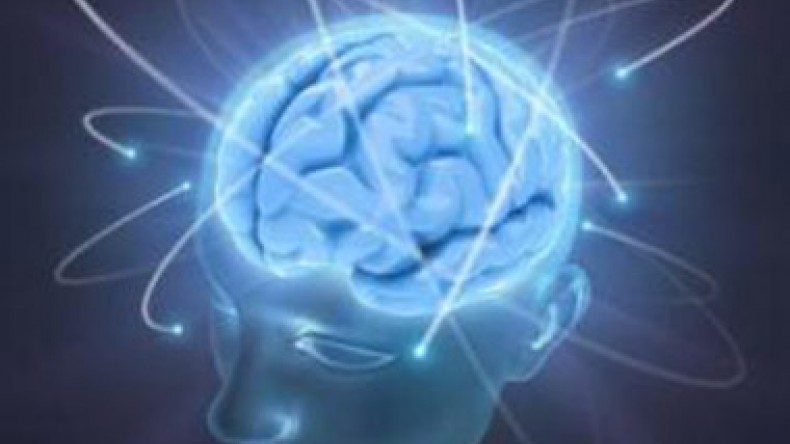
When do our brains form new memories?
If life is a continuous stream of sensory input, then how and when do our brains decide to form memories? A team of researchers from MIT and Princeton studied this very question in the context of machine learning, Medical Daily reports.
Our brains form memories, they theorize, when we experience an abrupt change in our environment, such that a simple modification to an existing remembrance is not enough. “Our experimental findings suggest that humans can use temporal discontinuities in the structure of the environment to determine when to form new memory traces,” wrote the authors in their new study.
To create a new theory of memory, the researchers began by enlisting the help of volunteers for a behavioral task. Presented with a sequence of stimuli (lines varying in length and orientation), the participants then were asked to reconstruct one from memory. However, there was a slight twist: sometimes the lines gradually changed one to another, and at other times, a big leap was made between one stimulus and the next. In other words, the experiment incorporated the theory of prediction error. Our brains expect (or predict) what will happen in given situations based on prior experiences and patterns, so when the actual signal is different from what is expected, a prediction error is said to have occurred.
Sudden Change Inspires Memory
How did prediction error impact the behavior and memories of participants? When the lines gradually changed, participants’ reconstructions were less accurate than when an abrupt change or prediction error occurred. This suggests participants had inferred a single mode of underlying operation, and so formed a single memory trace, in which each particular instance interfered with all others. On the other hand, when the stimulus abruptly changed from one to the next and a prediction error occurred, “the participants’ behavior suggested that they had inferred two dynamical modes, one before the abrupt change and one after,” wrote the authors.
Because participants’ reconstructions of a stimulus occurring before a prediction error were more accurate than when none had occurred, the researchers speculate the sudden jump induced a new memory stream and protected all the previous memories from interference by later experience. Seen as Word documents on your computer, we simply modify an existing document (or memory) when only a few edits are necessary. However, when a whole new story begins, we create a whole new document (or memory).
Based on this experiment, the researchers contend large prediction errors will lead to memory formation, while small prediction errors will lead to memory modification. Additionally, the authors suggest one brain area in particular — the hippocampus — plays an important role in this process. (The hippocampus, by the way, is the first area of the brain that erodes when a person develops Alzheimer’s disease.) "Understanding how the hippocampus, in concert with other brain regions, allows us to acquire a rich internal model of the world is an important task for cognitive neuroscience," they wrote.
Newsfeed
Videos






























